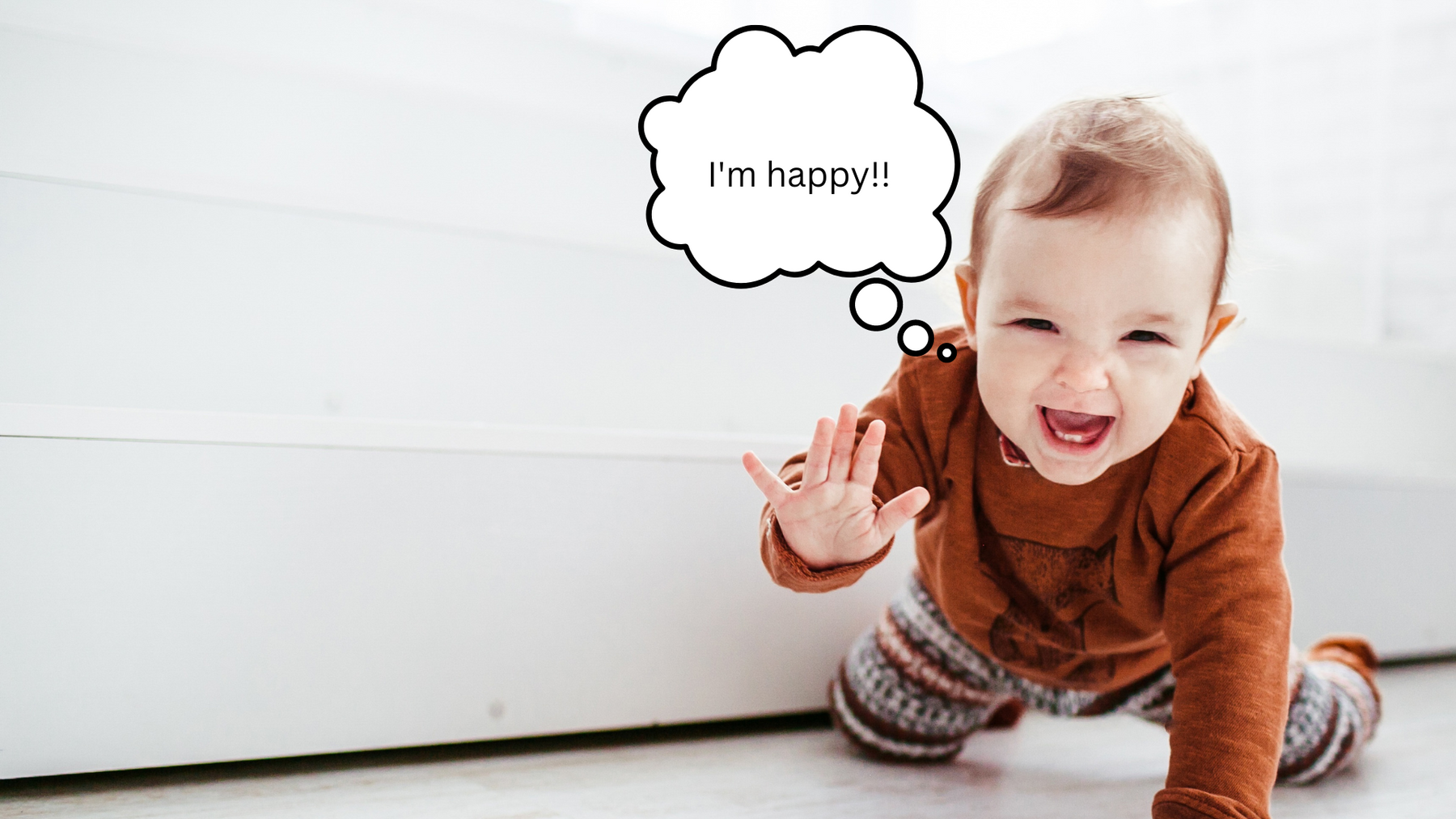
Your Baby's Behavior
Raising a newborn can be a daunting task. As a parent or caregiver, it is important to take the time to understand your baby’s behavior. Why is this important? Babies are not able to communicate vocally limiting parents’ ability to figure out if something is wrong with their infant. Knowing your baby’s behavior patterns is key to protecting your infant’s health. This article will go over common baby behavior along with providing tips to help promote healthy behavior in your baby.
Your Baby’s Sleep
Do not be surprised if your newborn sleeps almost the entire day– this is completely normal for infants. Newborns typically sleep up to 20 hours a day reaching this number through frequent naps that are taken during the day. It is vital, as a parent, to promote healthy sleep cycles for your baby to ensure proper developmental growth. What does this look like? Put your baby to rest when tired; do not try to keep it awake as this can disrupt its normal sleep cycle. Additionally, make sure that the environment that your baby is sleeping in is optimal for your baby. Limit loud noises or anything that might prevent your baby from sleeping. You might want to look into getting a humidifier for your baby’s room. A humidifier can help promote healthy breathing in your baby and set the tone for a relaxing environment. However, only certain humidifier models are safe for your baby as some humidifiers, like warm-mist humidifiers, can pose potential risks to your baby. The Miro NR08M would be a perfect addition to your baby’s room. It is built with humidity sensors that ensure the humidity levels are at an optimal level for your baby’s health along with cutting-edge technology that allows almost the entire device to be cleaned with just soap and water. This is the humidifier for parents raising a newborn.
Your Baby’s Happiness
Similar to adults, babies make comparable gestures to express happiness. For example, your baby might make frequent hand gestures when they are excited or directly smile at whatever is making them happy (raisingchildren.net). Babies make strong attachments when they are young. Their strongest attachments usually are directed toward their parents or caregivers. However, babies also develop attachments to things like their favorite toys. It is important to understand what triggers positive emotions in your baby and to emphasize these emotional responses for ideal developmental growth.
Your Baby’s Anxiety
Crying is normal behavior for newborns. When your baby cries, your baby is trying to signal that something is wrong or that they are uncomfortable. Most crying spells shouldn’t be a cause of too much concern. However, if you notice that your baby is crying more persistently than usual, monitor your baby and possibly consult your doctor to make sure that your baby isn’t suffering from something too serious. Your baby’s sleep can also be a good indicator if your baby is suffering from anxiety. When your baby is anxious, your baby might have difficulty falling and staying asleep. To prevent this, limit any stressors in your baby’s room that might be causing them stress. Babies are known to suffer from mental illness so it is essential, as parents and caregivers, to observe your baby’s anxiety and ensure that it is not preventing your baby from achieving ideal developmental growth.
